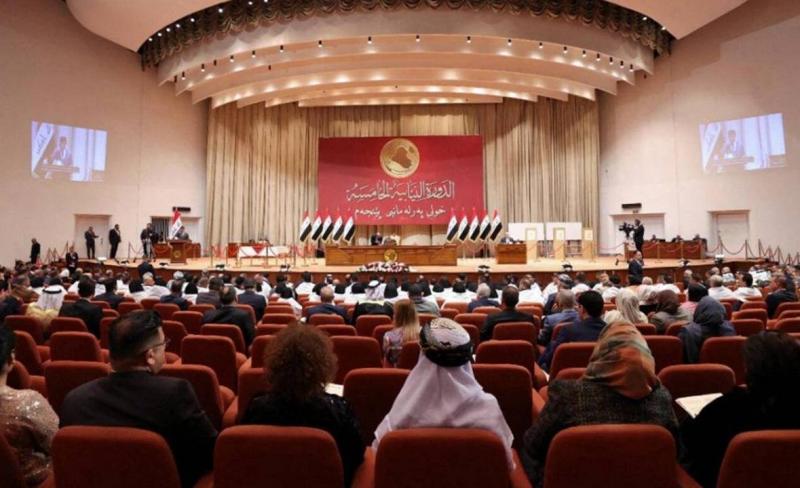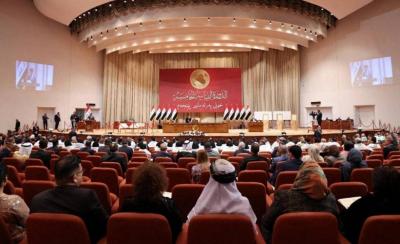It is not the right of the Iraqi citizen to object to the amendment of the Personal Status Law, nor can they complain about the transformation of the House of Representatives into a venue for political disputes, nor can they criticize the flaws in the work of some official bodies. All of this is a form of opposing God's decree, as Deputy Raed Al-Maliki informed us. Therefore, we are required to overlook corruption, the misappropriation of public funds, the absence of services, and opportunism, and to be content with what has been allotted to us by God's decree, which the deputy has narrowed down to the issue of personal status. According to the "sheikh" deputy, this is better and superior to industrial development, agriculture, education, health insurance, and the care of the families of martyrs, as well as the elimination of youth unemployment.
Before we delve into the crux of the matter, I hope that no one says we are exaggerating matters or trying to stir sectarian sentiments. I will tell the objectors that we are not against any belief if it respects the choices of others, and we support laws that serve everyone. However, using Parliament to promote laws that do not concern Iraqis is unacceptable, and importantly, no deputy should consider themselves a guardian over the Iraqis.
Any reasonable person understands well that defending the tricks of deputies and their strange and bizarre laws falls under the realm of political deception and fraud. Moreover, invoking religion and harnessing it to serve sectarianism is a dangerous game that is akin to playing with fire, especially when some insist on justifying Parliament's failure to fulfill its legislative and supervisory roles.
Why do they want to forcibly employ pure religion to justify the oppression of Iraqi women and the absence of services while excluding the pure religion that advocates for equality, fraternity, and standing against injustice, the theft of orphans’ and the poor’s money, and the exploitation of power for personal gain? Where does religion stand on a deputy who receives housing allowances amounting to three million dinars monthly while the salary of a poor family does not exceed three hundred Iraqi dinars? Religion will undoubtedly stand with the simple and their struggles.
The Iraqi House of Representatives must be a council for the people, not a council for deputies who wish to become sheikhs issuing their excommunicatory fatwas against those who disagree with them. The House of Representatives should understand that the ordinary citizen is not concerned with government statements, nor with whether the official wears a cleric's suit, nor does it concern them to hear that our oil production has reached four million barrels or that the Personal Status Law will save them from misguidance. The citizen yearns for a minimum standard of a decent life: a job, housing, food, and hope for tomorrow.
The danger we face today comes from fatwas that the deputies seek to promote to kill the national spirit within the souls; the real danger comes from those who place sectarian and partisan considerations above national interests.




